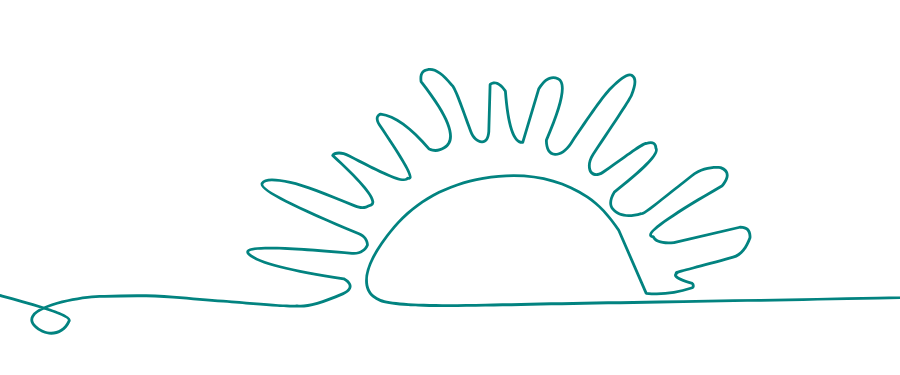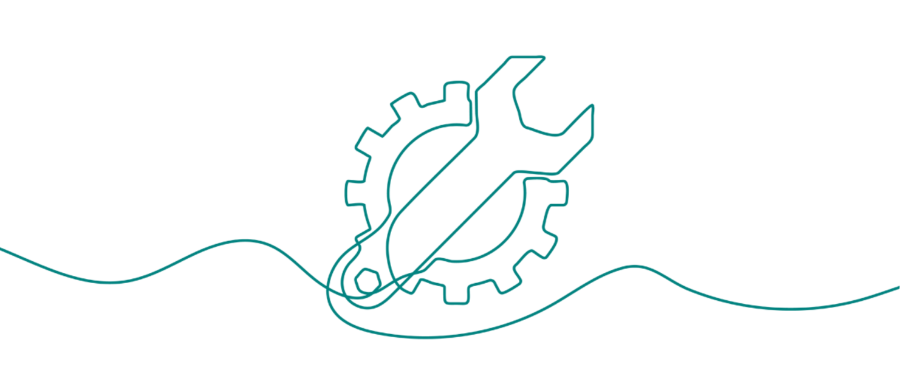Bone Cancer
Bone cancer happens when cells in the bones grow in a way they shouldn’t. These cells can form a lump called a tumor. Sometimes tumors in the bone are benign, which means they are not cancer. But when the tumor is malignant, it means it is cancer and can spread to other parts of the body.
Bone cancer can happen in any bone, but it most often affects the arms, legs, and pelvis (hip area). It can happen to both kids and adults, but some types are more common in children and teenagers.
Common Types of Bone Cancer
- Osteosarcoma – The most common type of bone cancer in young people, it usually starts in the long bones of the arms or legs, especially around the knee or shoulder.
- Ewing Sarcoma – A type of bone cancer that often starts in the bones of the legs, arms, ribs, pelvis, or spine. It can also grow in the soft tissue around the bones and is most common in children and teens.
- Chondrosarcoma – A type of bone cancer that starts in cartilage, the soft tissue that cushions joints. It is more common in adults than kids and can happen in the arms, legs, pelvis, or ribs.
Signs of Bone Cancer Can Include:
-
Pain in a bone that gets worse over time
-
Swelling or a lump near the bone
-
Trouble moving the arm or leg
-
Feeling very tired
-
Sometimes, a bone breaks more easily than normal
How Do Doctors Find Bone Cancer?
Doctors use X-rays, MRIs, CT scans, and sometimes a biopsy (taking a small piece of the bone) to check for cancer.
More bone cancer resources are found below.
To save items, you need an account.
Create an account to save items and receive additional information curated for you.
Learn more about my diagnosis.
Create an account to save items and receive information curated just for you.
General Cancer Programs
PEN created these programs to help explain parts of the cancer journey.
Debunks myths about clinical trials and provides patients with knowledge and confidence to feel well-informed when discussing treatment options with their healthcare team
Topics:
- The Basics: Understanding Clinical Trial Research
- Understanding Common Misconceptions
- Clinical Trial Safety
- Clinical Trials 101 Resource Guides
As artificial intelligence (AI) reshapes oncology, DECODE empowers cancer patients and families with clear, practical insights into AI and other emerging healthcare technologies, breaking down how these innovations are transforming cancer care and helping them navigate AI-driven advancements with confidence.
Components:
- Podcasts
- Downloadable Resource Guides
Provides digital literacy skills training with a series of easy-to-follow video modules, coupled with resource guides to educate you on technology and online support tools.
Helps women living with cancer understand the impact on their overall health, including fertility, hormones and sexual wellbeing while enabling informed conversations with their healthcare team about potential options and support.
Information on completing cancer care with actionable steps to engage in key discussions and plan for life after treatment.
Topics:
- Understanding Survivorship
- Advice for Future and Follow-Up Care
Having cancer or caring for someone with cancer can feel really lonely and extremely isolating. We created PEN-Powered Activity Guides to help you cope, relax, and, hopefully, feel a little less overwhelmed.
Focuses on wellness during cancer treatment and post cancer treatment.
Topics:
- Lifestyle
- Diet and Healthy Eating
- Supportive Care
Advocacy program focusing on culturally competent whole-person healthcare, treating the whole-patient in tandem with existing care.
What You Need to Know Before Choosing a Cancer Treatment
Advocacy program focusing on culturally competent whole-person healthcare, treating the whole-patient in tandem with existing care.

External Resources
Organizations for Bone Cancer
Looking for more information?
Sign up to receive the latest news, programs and events delivered to your inbox. Let us know what your interests are so we can provide only the most relevant information for you.









